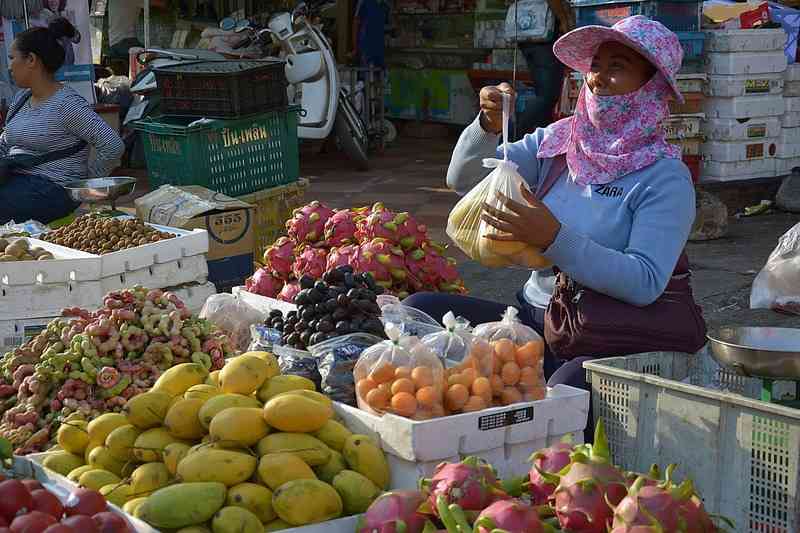
INFORMAL trader representatives have registered their displeasure over plans by the government to remove their members from Harare’s central business district ahead of the Sadc Summit.
The move, according to authorities, is part of a broader effort to enhance the city’s image and ensure a clean and orderly environment for the international event.
Officials have since warned that the clearance will commence immediately, with strict measures to enforce compliance.
Informal traders’ representatives have, however, said the decision is ill-informed considering that street vending serves as a survival strategy for many in a struggling economy, with 94,5% of employment being informalised and 86% relying solely on vending.
Zimbabwe Chamber of Informal Economy secretary-general Wisbon Malaya said it was a disgrace that the government wanted to please visitors at the expense of the suffering poor.
“The vendors are being left behind and viewed as objects or garbage. Chasing vendors from their workplaces is further impoverishing the already poor. The implications are multiple especially this year where the country is in a drought disaster state,” he said.
Malaya said government must instead partner local authorities to create market-friendly workplaces for the target group.
“Harassment, confiscation of goods, arrests and corrupt practices happening on vendors only refers to re-invention of the colonial era,” he said.
- 10 CCC activists freed
- Kenyans rush for state loans hours after launch
- Byo traders welcome RBZ’s collateral registry
- Informal traders take up insurance schemes
Keep Reading
He called on government to protect citizens and not aim to please individuals at the expense of the 88% of workers.
“We seek dialogue with the forces that be to find an amicable solution to the situation without abusing the vulnerable citizens.
“This does not feed into NDS1 or 2030 agenda or SDGs or the Global Partnership for Effective Development Co-operation.
“A serious reconsideration of this action is needed without delay. Law on the ground is a crisis for informal workers and traders in Zimbabwe,” he said.
Vendors Initiative for Social and Economic Transformation executive director Samuel Wadzai said the move was not fruitful.
“We saw the pronouncements by the government about its plans to remove vendors. Our view is that this is ill informed. Why should we obliterate the livelihoods of our people simply because we want to see clean streets?”
He said as informal traders, they might agree with the government that as a country we need to operate within the confines of the law, cleanliness and other things but the concept of the removal of vendors was wrong.
“If they say they no longer need people on the streets, they should provide alternatives and identify suitable spaces so they can operate from there,” Wadzai said.









